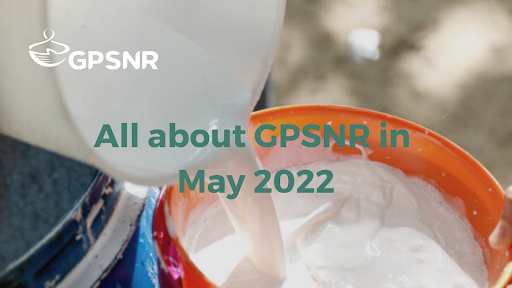Here are all their updates from the last month:
Strategy and Objectives Working Group
The working group has made some significant progress this month on its work around risk simply by bringing so many members together in a room! Apart from this, their priorities for the next phase have been finalised and include the assurance model, a strategy for government engagement and a risk assessment framework.
Smallholder Representation Working Group
After successful workshops in Ghana and Liberia earlier this month, the group is now focusing on reviewing the structure of smallholder membership on the Platform, and developing plans for the pilot agroforestry workshops for smallholders.
Policy Toolbox Working Group
This group is inviting members feedback on the transparent reporting roadmap, which you can take a look at here. Once feedback is incorporated into the roadmap, it will be presented to the Executive Committee as a resolution ahead of the 2022 General Assembly. They are also finalising the reporting guidance for all member categories, and developed implementation guidance for manufacturers and end user categories. Currently, their long yet important to-do also includes finalising the compliance panel operational guidance.
Capacity Building Working Group
The group has kicked off GPSNRs first capacity building project on the ground in Indonesia with Koltiva (funded by Pirelli and Goodyear), for which you can expect updates soon! As a continuation of their work from last month, they remain busy with the development of the Knowledge Sharing Platform and technical analysis of other IT platforms, and will release updates on more capacity building projects in June!
Shared Responsibility Working Group
The Shared Responsibility working group has received EC approval for the resolution on the Shared Responsibility framework! They will soon be submitting the finalised resolution, and operationalising next steps based on the framework.






